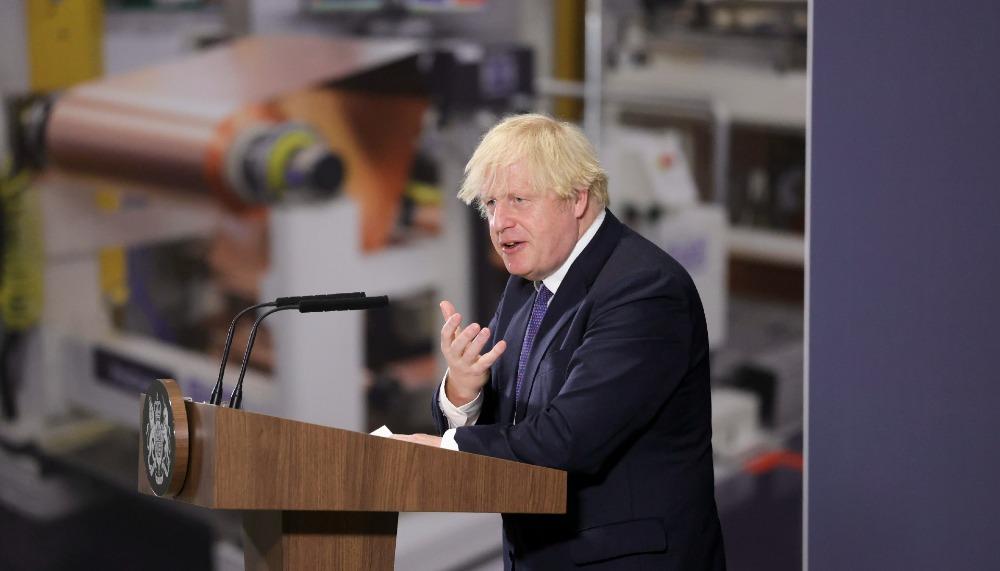The UK Battery Industrialisation Centre (UKBIC) has officially opened in Coventry. The £130 million, 18,500 square metre facility is designed to support UK industry in the development of battery technologies for electrification.
The UKBIC is a national facility that “can be used by all companies working on batteries for electric vehicles, rail, aerospace, industrial and domestic appliances, and static energy storage,” according to a statement from the centre.
The facility will primarily serve to prepare for mass battery production. According to the statement, the centre employs more than 80 battery technicians, engineers and support staff, a figure that is set to increase. Indeed, the centre plans to forge project partnerships with industry and research organisations. Among the OEMs planning to take up the offer is Jaguar Land Rover (JLR). The carmaker announced that it would develop a prototype of the Land Rover Defender with fuel cell propulsion and cooperate with the UKBIC, among others, a few weeks ago.
“This facility will help to deliver green growth and jobs as industrial demand accelerates in the UK battery sector,” said Prime Minister Boris Johnson, who officiated at the opening of the centre.
“With the technology and government-backed expertise on offer right here in Coventry, I have no doubt that UKBIC will become world leaders in the industry.”
The location of the centre has been chosen carefully. The West Midlands is home to several car manufacturers, including Jaguar Land Rover, Aston Martin Lagonda, BMW and LEVC. The construction of a battery gigafactory is also planned at Coventry Airport, although a final decision on the project is not expected until later in the year.
Coventry also made the news recently when the Council announced plans to install 400 new EV charging points and a new bus charging facility by 2025. As part of a drive to make its bus services emission-free, the Council is aiming to have 290 electric buses on the road by 2025.

Prime Minister Boris Johnson officiates at the opening of the facility.
Meanwhile, the UKBIC is a central component of the government’s ‘Faraday Battery Challenge’ programme, which aims to accelerate the commercialisation of future-proof batteries. In addition to funding from this pot, the battery centre was also co-funded by the West Midlands Combined Authority.
“It is fantastic to have UKBIC declared open for business today. This complex state of the art facility that, despite the pandemic, has been delivered at least two years ahead of its nearest international rival will help ensure the UK fully prospers from the transition to electric vehicles,” said Tony Harper, Faraday Battery Challenge’s Challenge Director.
Acting as the UKBIC’s governance is a consortium of Coventry City Council, the Coventry and Warwickshire Local Enterprise Partnership and WMG, an academic department of the University of Warwick.
UKBIC’s managing director, Jeff Pratt, emphasised that the centre’s battery manufacturing equipment covers the entire production process, “from electrode manufacture, through cylindrical and pouch cell assembly, to formation ageing and testing, and battery modules and packs”.
He also saw the facility as a training centre to further educate the UK battery sector.
“The importance of the battery sector to the UK economy cannot be underestimated. The Faraday Institution predicts that the equivalent of seven large gigafactories will be needed in the UK, and employment in the automotive industry and battery supply chain could rise from 170,000 to 220,000 by 2040,” said Pratt.
The UK is pursuing ambitious climate targets, aiming for CO2 neutrality by 2050, and in the transport sector no more petrol and diesel cars and vans are to be sold from 2030. For trucks, the ban on combustion engines is to apply from 2040.



